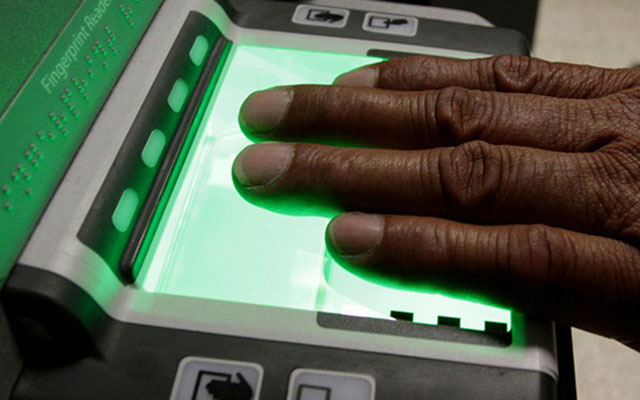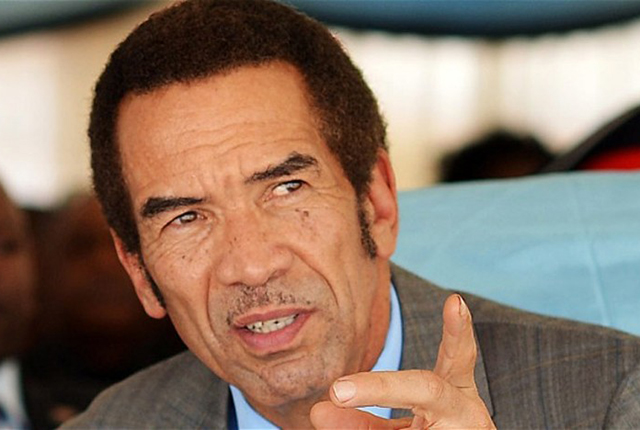Africom in boardroom war

Fidelis Munyoro Chief Court Reporter
Fernhaven Investments (Private) Limited has won an injunction to suspend a resolution passed by its shareholders to reduce its shareholding in Africom Holdings, in a fierce corporate legal battle.
Fernhaven, is the largest shareholder in Africom with a 41 percent stake.
It had approached the High Court for an interdict to suspend the resolution that whittled down the company’s shareholding from 41 percent to 0,41 percent.
Ms Chonaka Hlabangane-Ndlovu, who was booted out of the company, last month convened an extraordinary general meeting to adopt the resolution. Ms Hlabangane-Ndlovu chairs Africom board. She was booted out of Fernhaven board along with Dr Sibusiso Moyo.
The pair is, however, refusing to go arguing the move was untenable in terms of the Company law.
Fernhaven is now fighting them in the High Court under case Number HC494/17, which is still pending.
High Court judge Justice Priscillah Manongwa suspended the resolution passed on February 22 until case Number HC 494 is determined.
“The operation of the resolutions passed at the extraordinary general meeting of the first respondent (Africom) carried out on February 22, 2017 be and is hereby suspended,” said Justice Manongwa.
“First respondent is interdicted from effecting any changes to its share register.”
The judge also noted that other shareholders in Africom namely Old Mutual Zimbabwe, Interfin Banking Corporation, First Mutual Limited and National Social Security Authority had not found it worthy to oppose the relief Fernhaven sought.
“If the situation was so dire to the extent that the EGM has to be carried out to save a sinking ship as impressed by the opposing respondents, I have no doubt in my mind these cited respondents would put up a fight,” she said.
The judge added that one could read through the case, a spirit of connivance between Africom, Dr Moyo, Ms Hlabangane-Ndlovu, Chivhu Trust (Private) Ltd and Allfacts (Private) Ltd.
The withdrawal of Dr Moyo and Ms Hlabangane-Ndlovu from the company’s board in April last year sparked a fierce dispute which spilled into the High Court with Fernhaven seeking an order declaring the pair to have ceased to be directors of the company.
Against this background, Ms Hlabangane-Ndlovu as chairman of Africom called for an EGM to be held on January 25 but later deferred to February 15.
At this meeting, a proposal to enter into a debt conversion agreement which would result in the dilution of Fernhaven’s shareholding from 41 percent to 0,41 percent would be adopted.
The development prompted Fernhaven to approach the High Court for relief suspending the EGM, pending the determination of its dispute with Ms Hlabangane-Ndlovu and Dr Moyo.
When the hearing commenced, Justice Manongwa issued a temporary interdict barring the holding of the EGM pending the determination of the application to stop the EGM.
It, however, emerged at resumption of the hearing on February 22 that the EGM, which she had stopped went ahead. This resulted in Fernhaven, through its lawyer Advocate Fadzayi Mahere successfully applying for the amendment of the order sought.
In her ruling, Justice Manongwa noted that after Ms Hlabangane-Ndlovu and Dr Moyo were notified of the withdrawal of their appointment to Fernhaven board with immediate effect, did not accept it. The two, said the judge, continued to act as representatives of Fernhaven on Africom board.
“The conduct of the second (Ms Hlabangane-Ndlovu) and third (Dr Moyo) respondents is being challenged and as the applicant’s representatives the applicant’s (Fernhaven) interest needs to be protected,” said Justice Manongwa.
“They as shareholders of the first respondent have an interest which has not been denied.”
Justice Manongwa agreed with Adv Mahere that the proposal which the EGM sought to adopt would result in the dilution of Fernhaven’s shareholding from 41 to 0,41 percent.
This, the judge said, if Fernhaven’s shareholding in Africom was diluted and the former succeeds in HC494/17, the reversal of the shareholding in an entity where there are other shareholders is near impossible especially where a debt conversion agreement would have been concluded.











Comments